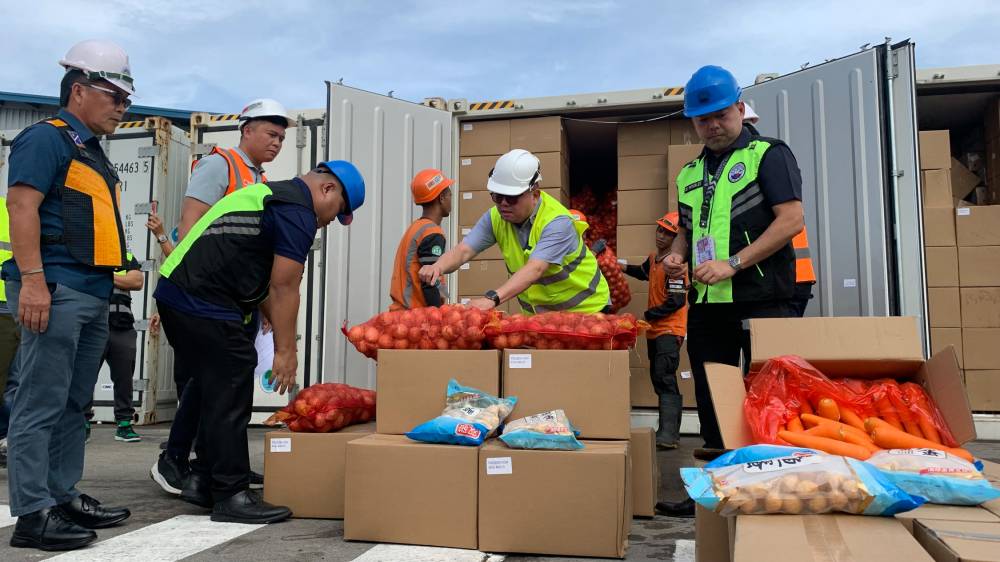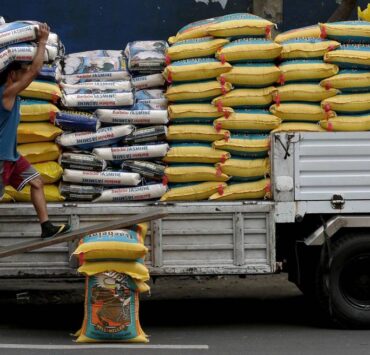5-panel House probe pushed to tackle agri smuggling

If there’s a House quad committee running after human rights violators, there might soon be a “quinta comm” that will go after agricultural smugglers and price manipulators.
House ways and means committee chair Rep. Joey Salceda filed a resolution seeking an inquiry to be conducted by his panel and those on trade and industry, agriculture, social services, and food security.
The resolution was adopted by the chamber on Sept. 27, a day before it went into recess, but Salceda submitted the agenda of the proposed inquiry to Speaker Martin Romualdez on Oct. 2.
Last week, President Marcos signed Republic Act (RA) No. 12022 into law, which penalizes smuggling, hoarding, profiteering and cartel activities as nonbailable acts of agricultural economic sabotage.
Speaking to the Inquirer on Thursday, Salceda said the panel’s “tone and style will be similar to the joint committee hearings on senior citizens where oversight and even investigation was conducted in a nonadversarial and ultimately constructive manner.”
“The Speaker gave me the instruction to recommend a direction for the hearings, hence the aide-mémoire,” he added, referring to the document containing the agenda.
All to bring prices down
Aside from taking up smuggling, among the objectives of the proposed five-panel body is to find ways to bring down rice prices to P20 per kilo, reduce farm production losses by half, and bring down livestock and poultry prices, he said.
According to the aide-mémoire, the committee hearings would be “primarily informative” and not investigative.
It is also expected to come up with a comprehensive report on possible remedial legislation to address smuggling and price manipulation of basic goods, among others.
Before Salceda’s proposal, the five committees had been conducting inquiries on their own, their topics ranging from food security to smuggling.
Need for joint effort
But “during these inquiries, it is apparent that one committee cannot individually tackle the measures covering zero hunger and food security without encroaching [on] the jurisdiction of the other committees,” Salceda’s resolution read. “[T]here is a need to conduct a joint inquiry for a more effective and efficient resolution of these issues.”
The law signed by the President last week, the Anti-Agricultural Economic Sabotage Act, imposes the harsher penalty of life imprisonment for those convicted of smuggling, hoarding, profiteering and cartel activities.
It also imposes a fine that will be five times the value of the agri-fisheries products involved.
During his 2023 State of the Nation Address, Mr. Marcos noted that in that year alone the Philippines lost P3 billion due to agricultural smuggling. INQ

















